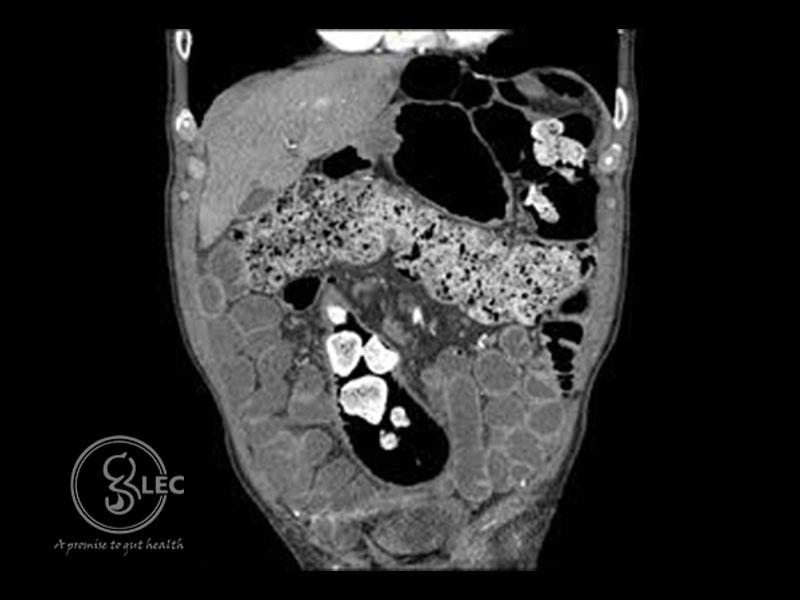Diarrhoea & constipation
Diarrhoea & constipation
Diarrhoea
Diarrhoea is an increase in frequency or decrease in consistency (liquid or semisolid) of stool. It can either be acute or chronic in nature.
- Acute diarrhoea is mostly infectious in origin and self-limiting. It can be treated by oral and Intravenous fluids. However, in some cases use of antibiotics and antiparasitic agents is suggested.
- Long standing diarrhoea can be caused due to diseases of small and large intestine and pancreatic insufficiency.
Diarrhoea due to small intestine problems
- Celiac disease
- Tropical sprue
- Giardiasis and other parasitic infections
- Whipple disease
- Tuberculosis in small bowel
- Crohn’s disease in small bowel
- Immune deficiencies
- Bacterial overgrowth in small intestine
Diarrhoea due to large intestine problems
- Microscopic colitis
- Colonic malignancies
- Lymphoma
- Ulcerative colitis
- Crohn’s disease
- Radiation colitis
- Chronic pancreatitis
- Cystic fibrosis
- Ischemic colitis
- Pancreatic disorders
- Endocrine disorders causing excessive secretion
Diagnosis
Diagnosis requires a thorough evaluation and tests. This includes stool evaluation, blood tests, and other tests such as colonoscopy, endoscopy, and biopsies.
Treatment
Therapy is based on management of specific etiology.
Constipation
Constipation is the decrease in frequency of stool (less than one stool in 3 days) or change in the form of normal stool frequency.
Causes
Common reasons include:
- Slowness of bowel movement
- Hypercalcemia
- Anal fissure
- Hypokalemia
- Hypothyroidism
- Diabetes mellitus etc.
- Side-effects of few medications
- Colon obstruction due to large polyp or malignancy
Evaluation
Diagnosis requires a thorough evaluation and tests. This includes blood tests, and other tests such as colonoscopy, anal manometry and cross-sectional imaging.
Treatment
Therapy is based on management of specific etiology.

